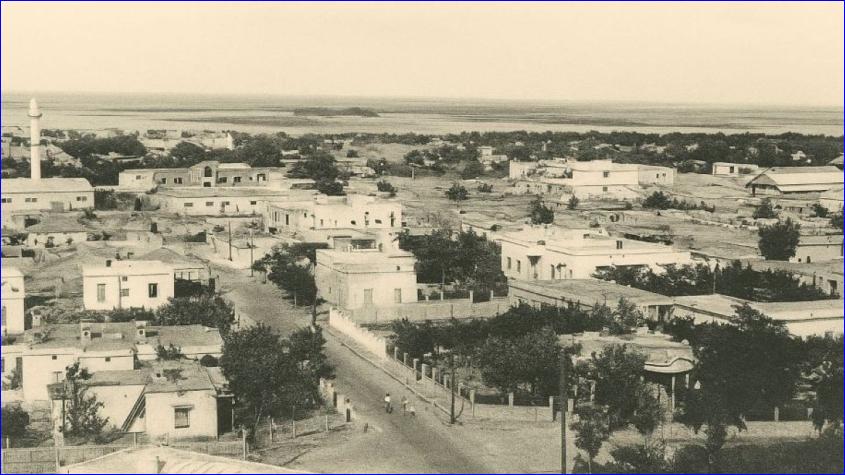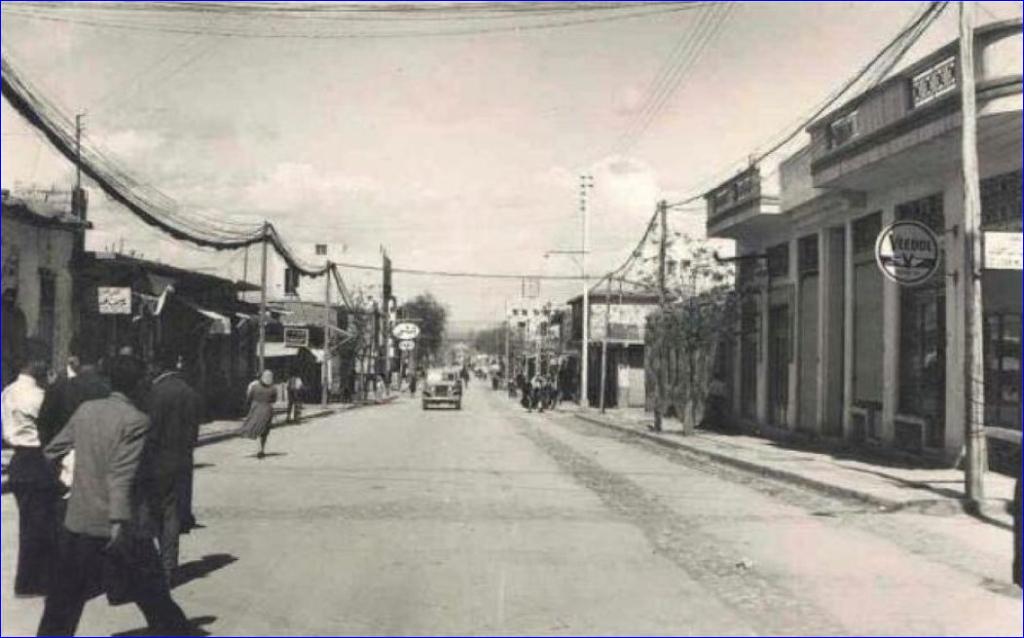


The city's official name, Qamishli, is derived from the Turkish word Kamış (reed), a plant that once grew in abundance along the banks of Al-Jaghjagh River. For the Syriacs--Assyrians, however, the city is known by another name: Zalin or Beth Zalin, meaning "House of the Chinaberry Tree." This reference to the brown mulberry tree endures in the community's collective memory and continues to echo in church prayers to this day.
In the 1920s, waves of displacement in the aftermath of the Ottoman massacres forced Syriacs--Assyrians from Tur Abdin, Omid (Diyarbakir), Urhoy (Urfa), and Bitlis to seek refuge in Syria's Gozarto (Jazira) region. Along the banks of Al-Jaghjagh River, they laid the city's first foundations -- its streets, markets, and stone houses. From then on, the name Qamishli became inseparable from the memory of this community, which not only rebuilt its life in exile but also played a decisive role in shaping the identity of the city itself.
From its earliest days, Beth Zalin was distinguished as a city of diversity. Syriacs--Assyrians, Armenians, Kurds, and Arabs lived side by side, shaping a shared urban life. Church bells echoed alongside the call to prayer from mosques, creating a tableau that came to symbolize Syria's unique mosaic -- an experience seldom found elsewhere in the country.

The first church built in the city was the Syriac Orthodox Church of Mor Yaqub of Nisibis, completed in 1929, marking the establishment of Beth Zalin's first Christian house of worship. Just a few years later, the Mor Yaqub School was founded -- not only to teach the basic sciences, but also to make the Syriac language a central part of its curriculum, safeguarding a linguistic heritage long at risk of extinction.
Beyond education and worship, the Syriac community played a pivotal role in trade and industry. From goldsmithing to carpentry and printing, they left a lasting mark on the city's economy. For decades, Beth Zalin remained a key center for grain and cotton commerce, serving as a vital gateway for trade with both Iraq and Turkey.

or register to post a comment.